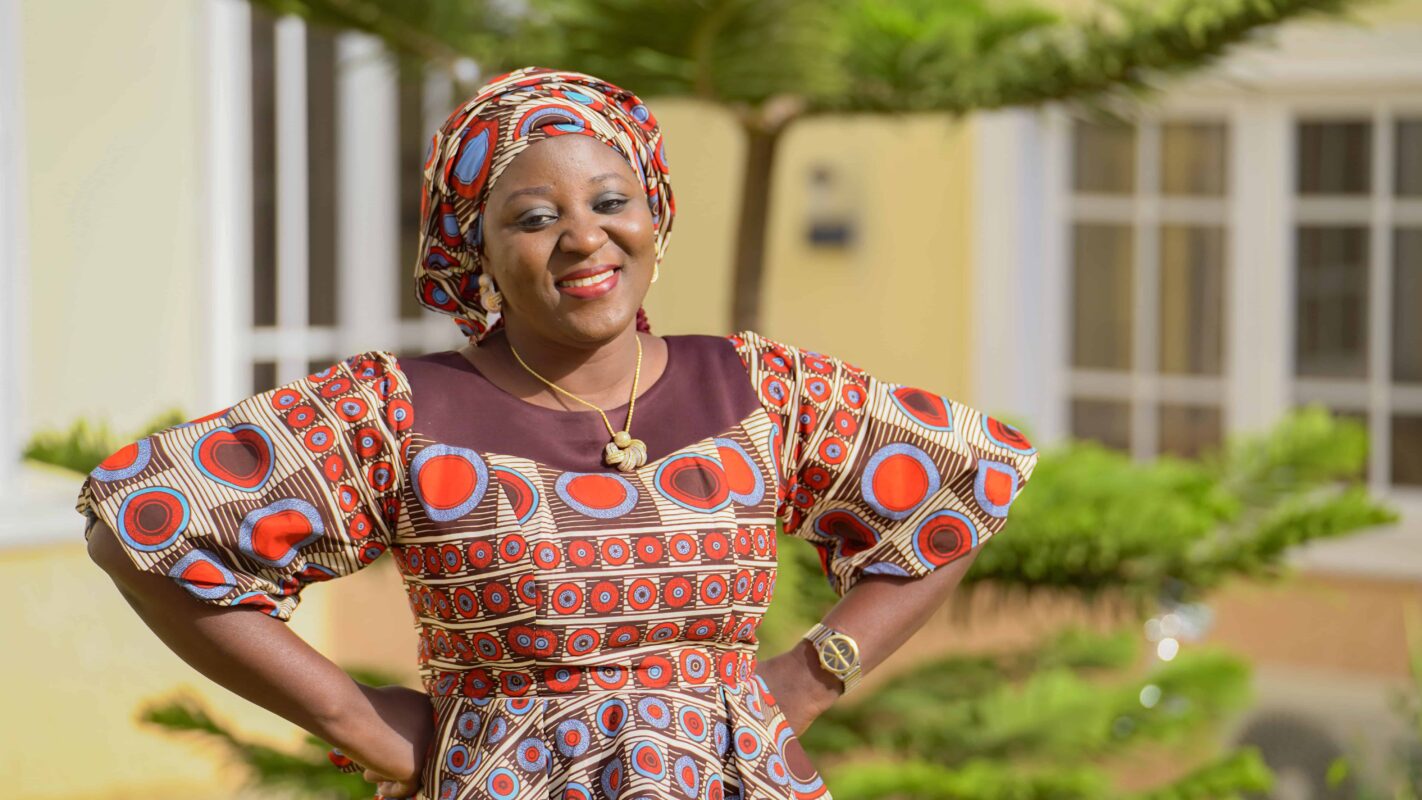
International Women’s Day 2021: Voices from the Field
Rebecca Sewall, Gender Specialist for Creative Associates International:
While the global development community shows a more nuanced understanding of the dynamic relationship between women’s autonomy and their ability to contribute to development efforts, many practitioners continue to see the “value” of promoting women’s advancement only in terms of optimizing their contribution to larger development goals.
This position presumes that what is good for the economy or for “development” is also good for women – a presumption that is not always true. In line with this International Women’s Day theme, I want to #ChooseToChallenge this position, it is time we move away from asking what women can do for development and instead ask ourselves what development can do for women.
There are signals that this perception is starting to change, as the voices of women in Creative’s projects below attest. There are glimmers of hope that paying attention to women and gender in development is not just viewed as a means to an end, but an end in itself. Nearly 50 years after the passage of the Percy Amendment – which required that attention be given to integrating women into national economies to improve their status and to assist the overall development effort – it is time we focus on the other goal it was intended to achieve: Ensuring women are equal beneficiaries of development.
Florinda Puac, Community Facilitator Supervisor
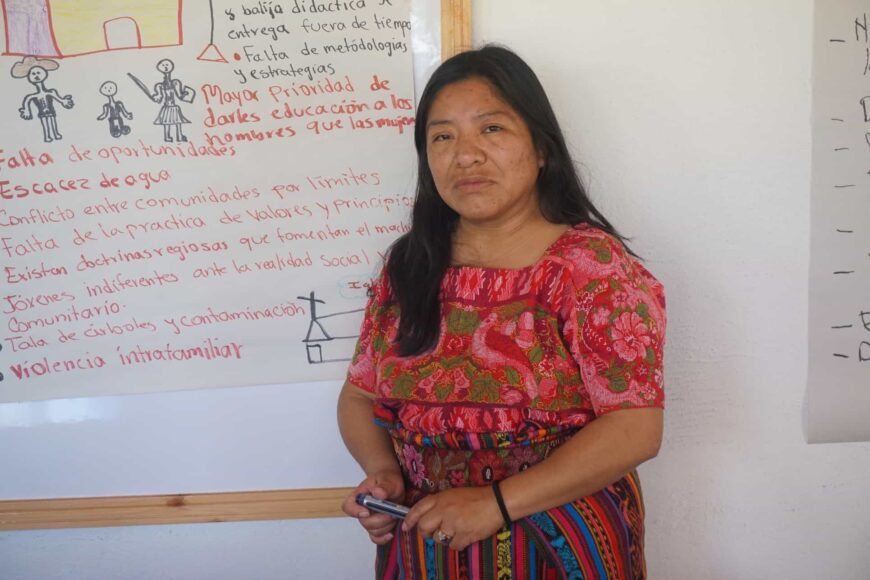
USAID’s Peacebuilding Project, Guatemala
What do you want to see change for women in your context in the coming years?
The reality of women’s participation in community processes is very limited because they are generally invited to meetings or training activities on health, food security, food demonstrations, etc… topics closely linked to the gender roles that society has set for women. While of course these trainings have contributed to improving their health and nutrition, this still places them in a passive or information-gathering role. We saw in some community assessment processes that when people were consulted about women’s participation, it revealed that most people looked to assign women tasks unrelated to community development. These are things that have historically limited the substantive participation of women compared to the active role that men have played.
But the Peacebuilding Project (Tejiendo Paz in Spanish) is designed to change this paradigm because it identifies women as important actors in the analysis, approach and transformation of community conflicts together with other actors traditionally involved in decision-making. We work to give women a seat at the table in all our activities.
Habiba Suleiman, Business Development Manager at WACOT Rice Ltd.
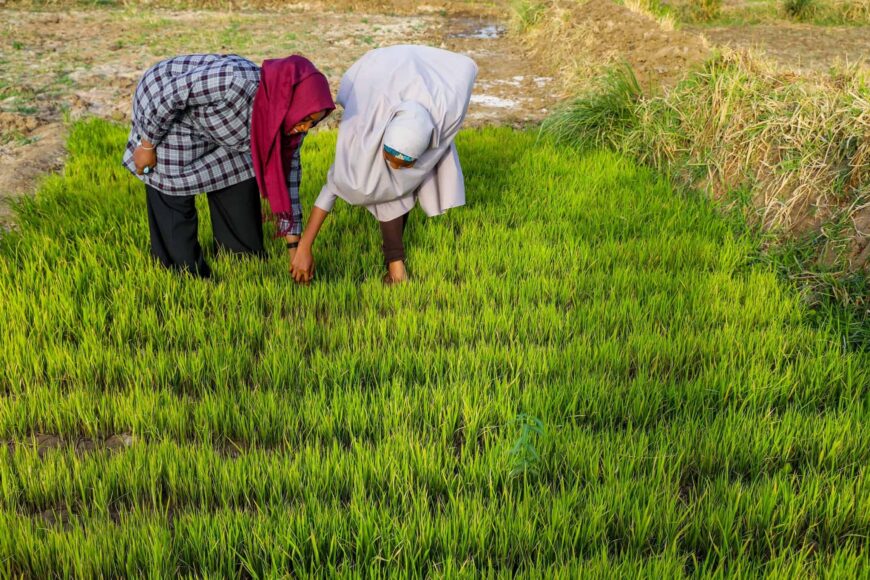
Partner with the West Africa Trade and Investment Hub, Nigeria
What is your project’s biggest success or most inspirational moment related to gender inclusion?
We conducted preliminary meetings with farmers across the communities to inform them about the project and to seek their support in on-boarding new farmers. A young lady in her early 20s showed up [to our office] and we told her to wait for the interview in the next room, assuming she was there to be interviewed for a field officer role. After the [interview], she walks up to me to say that she came for the farmer meeting, as she was a rice farmer, too. I sat down with her and learned that on her own, she had raised funds and cultivated rice on half a hectare during the last season, and that she had employed laborers to work for her, yielding 25 bags in harvest. Her wit, bravery and commitment were beyond impressive, considering the fact that she was a graduate and could go seek a white collar job instead. I visited her farm and ensured she was on-boarded into the program. She came along with more women rice farmers too! This experience further reinforced for me the fact that women can do it all.
Lydia Onuoha, Deputy Chief of Party
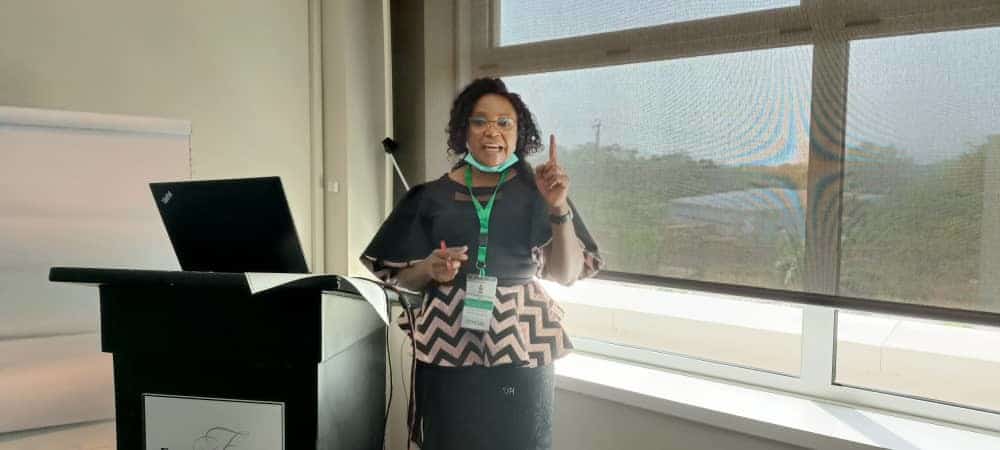
USAID’s Northern Education Initiative Plus, Nigeria
Has there been a moment or experience that hit home for you the reason why more work needs to be done in the ongoing fight for gender equality?
I came from a very large family with older uncles and cousins. Whenever there are events, everyone contributes some amount of money, usually prorated: the oldest pay more, regardless of gender. But when there are properties to be shared, women are left out and do not get a share of the family inheritance. I have never been given any share of my father’s property, but my younger brothers get very large shares. Land can never be distributed to women and this tradition has lasted for years. I keep wondering when this disparity and neglect will end. The struggle and campaign on gender equality have to be intensified.
I hope that in the not-too-distant future there will be a freedom of participation for women in community affairs, especially more women in decision-making spaces. Although today women’s participation in popular election positions has seen an increase, the participation of indigenous women is still very low. So I think it is as important as ever for us to raise awareness of men for this paradigm shift or stereotypes about the importance of the women in leadership positions.
Rehab David, NGO Capacity Building Officer/Gender Specialist
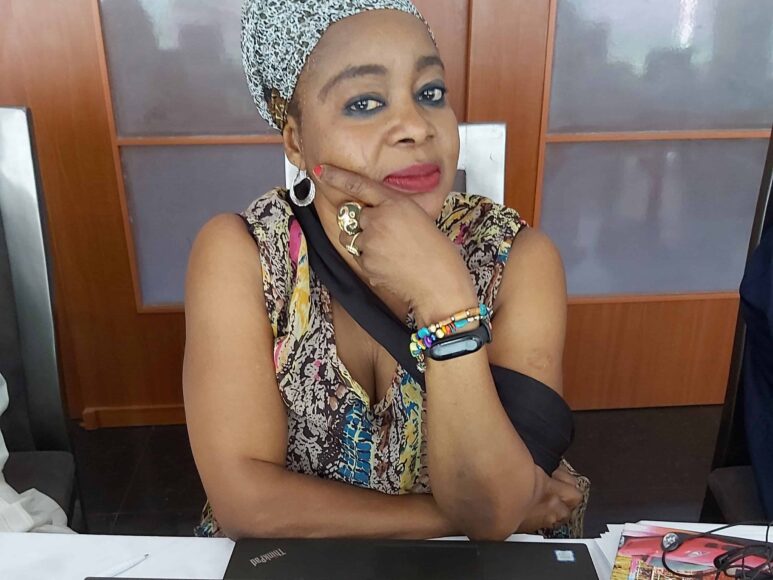
Northern Education Initiative Plus, Nigeria
What do you, both personally and professionally, hope to see change for women in your context looking ahead?
I want to see a firm commitment to gender equality and female empowerment in education. I want to see more commitment and steps taken to overcome gender discrimination and to realize equal opportunities for women and men. I want to see more programs that increase women’s awareness of their rights and ability to advocate for themselves.
I want to see adolescent girls and youth get access to practical life skills training, trainings that will make them more aware of the options and services that are available to them and raise their expectations for their own lives. I want to see them empowered to speak up for themselves and make informed decisions. I want to see all barriers to education addressed and all girls mainstreamed into formal schools after graduating from non-formal learning centers.
Yajaira Hernandez, Gender Specialist
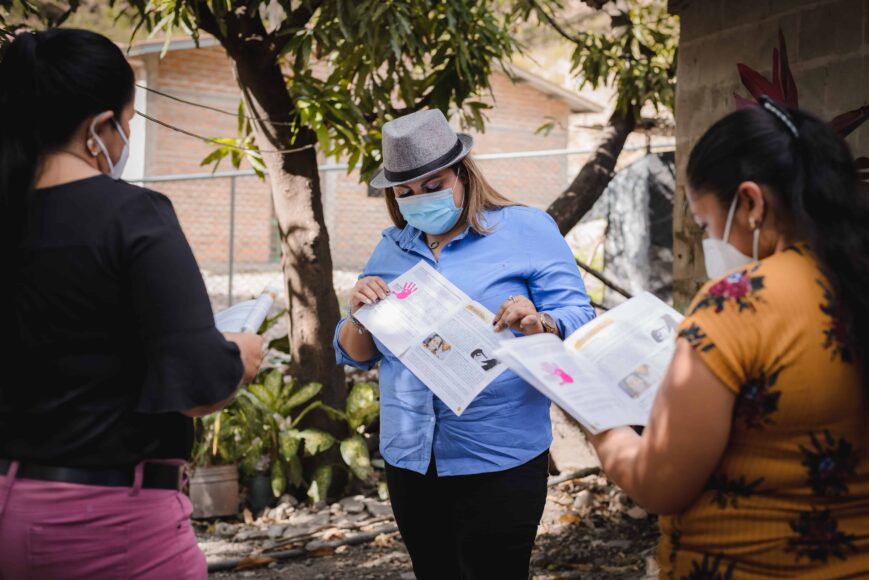
The Dry Corridor Alliance Project, Honduras
What is the greatest challenge you see for achieving women’s equality in your context?
An important aspect of my work is that women have for many years moved in and out of the working world even with children, but men still do not contribute to household tasks so that women can have more time to mobilize, participate in community affairs, become leaders and entrepreneurs. I work to slowly sensitize families to share responsibilities for domestic affairs.
The biggest challenge I see for women is access to resources. Globally, women only own 1 percent of property, rural women have access to land, the lack of bank loans for lack of guarantee continues to limit their participation in productive or income-generating work, conditioning them to domestic space, another major challenge is violence against women that is still a taboo or dare not denounce for fear or shame.
Hafsa Drissi Semlali, Program Coordinator
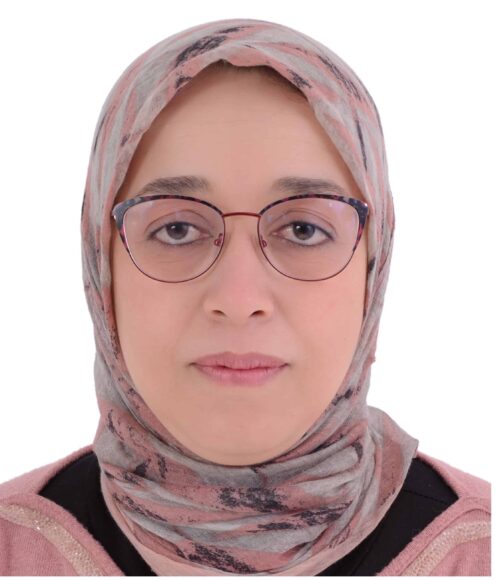
USAID’s Reading for Success – National Program for Reading, Morocco
What do you want to see change for women in your context in the coming years?
I was hired as an administrative assistant for another project with Creative, and that was the opportunity that eventually led to the leadership position I have now as a project manager. Having this chance to develop as a professional has made me more passionate to see the same for other women. So, what I really hope to see is more women in decision making positions. At the professional level, I see this gender inequality play out all the time. For example, there are more women working in our field, but in leadership roles there are still more men holding positions of power.
We work closely with teachers and most teachers are women. But when we hold workshops, it’s mostly men who show up and that’s because there are always more pressures on women to remain at home with their kids or families instead of traveling to these professional development trainings. As a mother myself, I understand those constraints. But I hope that in the future we can find ways to even this out and make accommodations so more women can take these important career steps.
Yelfign Ayenew Tesfahun, Cross Cutting Issues Coordinator
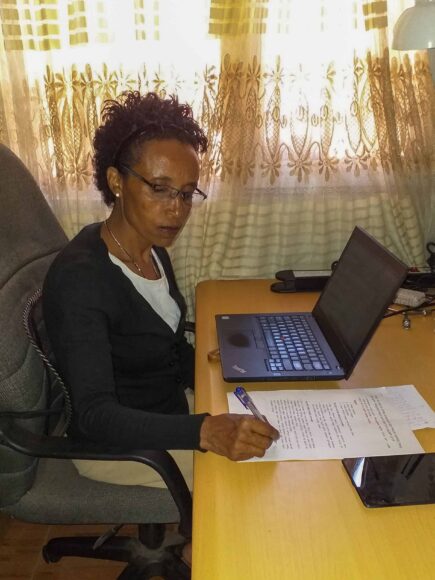
USAID READ II, Ethiopia
What is your project’s biggest success or most inspirational moment related to gender inclusion?
Based on a study we conducted in the Amhara region, we decided to ensure 30 percent of women leadership in the education sector. This is one of the remarkable results we achieved in government policy changes through evidence-based consultations.
The gender radio drama we produced and broadcasted to incite discussion is changing attitudes has shown also a very encouraging results. We have confirmed through an assessment study that the drama has helped girls and boys, parent and community to discuss gender related issues and the drama raised awareness on things considered taboo, such as girls’ menstruation, the responsibility of both boys and girls in sharing household chores, boys’ participation in the gender clubs, etc…
Another inspirational activity we have done is that while the project provided training to teachers, mothers who breastfeed their children were having trouble participating the trainings. The project provides childcare and place where the children can stay while the mothers participate in trainings, which has made a huge difference.
Patricia Vahanlé, Educational Leadership Officer
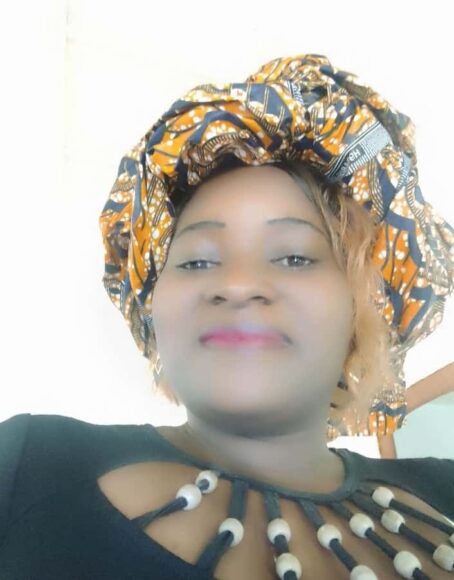
Vamos Ler! Mozambique
Why is it necessary to have women working in development?
It is important to have women working on development because they are intellectually equal to men and can contribute equally to the development of a country or society. I hope that in the future there will be a gender balance in hiring staff in both private and state organizations and that women can take advantage of opportunities on an equal footing with men. Many women miss opportunities because they have not been properly prepared or trained. That is why it is necessary to have a gender balance in training centers and universities.
It is necessary to make women aware from an early age that they can contribute to the development of the place where they live and the country in general.
On a personal level, my greatest success was having managed to reconcile family, work and training. The fact of being a mother, wife and worker did not prevent me from continuing my higher education. In this, I was the first of my family to complete a course in higher education. Today, I am an example for my older and younger brothers.